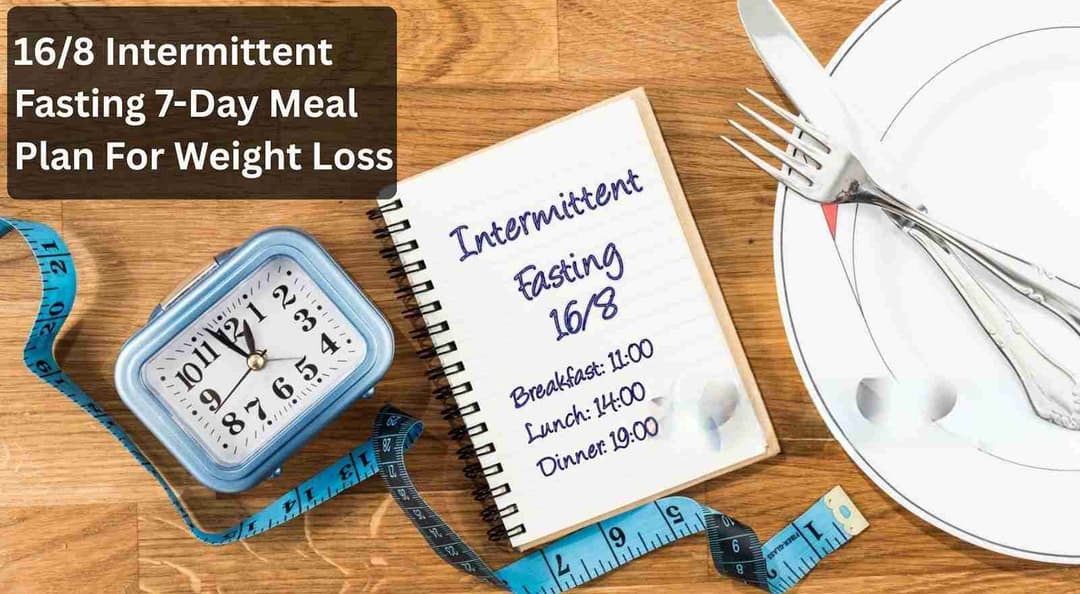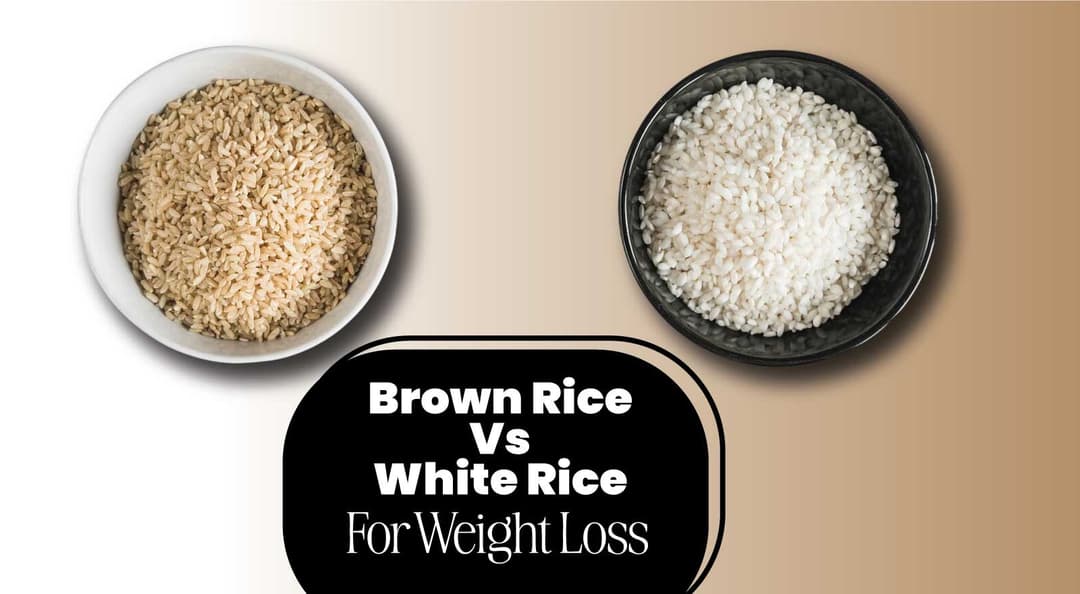Hello readers! The concept of the perfect body weight is a complex and subjective measure that can vary greatly among individuals due to a variety of factors such as genetics, lifestyle, and overall health. In today's society, numerous discussions and media representations perpetuate the idea of an "ideal" body weight, leading many women to feel pressure to achieve this mythical standard.
However, these unrealistic expectations can lead to negative body image, disordered eating behaviours, and a preoccupation with a weight that detracts from a healthy and balanced lifestyle. In this blog, we will explore the complexities of determining the ideal body weight for women, debunk common myths and misconceptions, and offer a holistic perspective on how to achieve and maintain a healthy body weight that promotes overall well-being.
Table Of Contents
- Understanding Body Weight And Health
- What Is The Ideal Body Weight Formula?
- Ideal Weight Chart For Women
- Important Factors Influencing Ideal Body Weight
- Tips For Achieving Ideal Body Weight
- Debunking Myths Surrounding Ideal Body Weight
- Dietitian's Recommendation
- The Final Say
- FAQs
- References
Understanding Body Weight And Health
BMI stands for body mass index and is a formula used to assess individuals' weight status. It is calculated using just two factors: "Weight in Kg" and "Height in Inches." As all individuals differ in their height and weight, their BMI is the same. It is here to note that BMI does not reflect any health condition and just provides a glimpse of your ideal weight. BMI also differs among males and females.
Especially women have unique health factors like hormonal fluctuations, pregnancy, and menopause that can impact their weight and body composition. So, while assessing for weight-related health risks, doctors do not rely only on BMI they also review other factors like lifestyle habits, waist circumference, and body fat percentage.
What Is The Ideal Body Weight Formula?
Several formulas are commonly used to estimate ideal body weight. One of the most widely known formulas is the Devine formula, which is often used for adults:
Gender | Ideal Body Weight Formula |
Men | 50+2.3×(Height in inches−60) |
Women | 45.5+2.3×(Height in inches−60) |
Another Commonly Used Formula Is The ‘Robinson Formula’
Gender | Ideal Body Weight Formula (kg) |
Men | 52 + 1.9 × (Height in inches - 60) |
Women | 49 + 1.7 × (Height in inches - 60) |
It's important to note that these formulas provide estimates based on average body composition and may not be accurate for everyone. Therefore, it's best to use these formulas as a general guideline and consult with a healthcare professional for personalized advice on weight management and overall health.
Ideal Weight Chart For Women
Ideal weight charts specific to Indian women are less common than general ideal weight charts, but similar principles can be applied. Here's an approximate ideal weight chart for Indian women based on BMI (Body Mass Index):
Height (Feet/Inches) | Ideal Weight Range (kg)
|
4'10" | 40 - 51
|
4'11" | 41 - 52
|
5'0" | 42 - 54
|
5'1" | 43 - 55
|
5'2" | 44 - 56
|
5'3" | 45 - 58
|
5'4" | 46 - 59
|
5'5" | 47 - 60
|
5'6" | 48 - 62
|
5'7" | 49 - 63
|
5'8" | 50 - 65
|
5'9" | 51 - 66
|
5'10" | 52 - 68
|
5'11" | 53 - 69
|
6'0" | 54 - 71 |
As with any ideal weight chart, it's important to remember that BMI is a screening tool and does not directly measure body fat or account for factors such as muscle mass, bone density, or distribution of weight.
These weight ranges are based on a BMI range of 18.5 to 24.9, considered healthy for most adults. Therefore, it's recommended to use BMI as part of a comprehensive health assessment and consult with a healthcare professional for personalised guidance on weight management and overall health.
Important Factors Influencing Ideal Body Weight

Some factors can fluctuate your ideal body weight. These include the following:
1. Body Composition
When it comes to women's health, body composition plays an important role. Instead of just focusing on achieving a low body weight, it is essential to consider the amount of body fat a woman has. Women naturally have more body fat than men, which is necessary for reproductive health and hormone regulation. Therefore, it is not always healthy or appropriate for women to aim for a low body weight.
2. Muscle Mass
Women with higher muscle mass may weigh more than their counterparts with the same BMI but have a lower percentage of body fat and greater metabolic efficiency. Muscle mass plays a crucial role in metabolism, strength, and overall health.
3. Lifestyle Habits
Women achieve and maintain their ideal body weight with diet, stress management, sleep, and exercise, all of which impact weight and overall health. Focusing on healthy lifestyle habits, like eating a balanced and nutritious diet rich in whole grains, lean proteins, vegetables, and fruits and engaging in regular physical activity, can help.
4. Metabolic Rate
Women with a slower metabolism may find losing or maintaining a lower body weight more challenging. Metabolism varies among individuals and can be influenced by age, genetics, and hormone levels. Compared to those with a faster metabolism.
Tips For Achieving A Healthy Balance
Women should focus on achieving a healthy balance that prioritises overall well-being rather than striving for an arbitrary number on the scale. Here are some tips for achieving and maintaining a healthy body weight:
1. Focus on Health
Try to include healthy food options in your diet plans, like foods rich in fibre and protein. Also, try to skip or limit the consumption of processed foods, packaged food or fast foods. Along with this, invest your 20 minutes every day to maintain your physical fitness. You can do power yoga and exercise to keep your bones and muscles healthy.
2. Set Realistic Goals
It is essential to set a goal that you can achieve without giving any excuses. You should be well aware of your capabilities and consistency levels. Plus, try to be patient and honest with your goal.
3. Listen to Your Body
Your body interacts with the food you eat, and it easily gives signals if it fails to digest the same. So, you should be wise with your choices. Also, listen to hunger and fullness cues and eat mindfully without judgment or restriction.
4. Seek Support
People who can offer encouragement, guidance, and accountability on your health journey must surround you with a supportive network of friends, family, or healthcare professionals.
5. Practice Self-Compassion
Remember that your worth is not defined by your appearance or the number on the scale. Be kind to yourself and practice self-compassion, especially during times of challenge or setback.
Debunking Myths Surrounding Ideal Body Weight
It's a common misconception that there's a one-size-fits-all ideal body weight for all women. Unfortunately, the media often promotes unrealistic beauty standards that suggest thinness is the only way to be attractive and healthy. However, what's considered an ideal weight for one person may not be suitable or sustainable for another, as everyone's body is different.
This narrow view of beauty can contribute to unhealthy behaviours like disordered eating and body dissatisfaction. Another myth is that being thinner automatically means better health. While excessive weight can increase the risk of certain health conditions, being underweight can cause nutrient deficiencies, hormonal imbalances, and weakened immune function. Instead, it's essential to prioritise overall health and well-being through balanced nutrition, regular physical activity, and stress management.
Dietitian's Recommendation
As a dietitian, I advise women to work to achieve a healthy weight rather than striving for an arbitrary number. Consult with a dietitian for personalised guidance on achieving and maintaining a healthy weight. Remember, ideal weight varies for each individual and is influenced by factors beyond just numbers, such as body composition and overall health. Emphasise balanced nutrition with plenty of fruits, vegetables, lean proteins, and whole grains. Incorporate regular physical activity tailored to your preferences and capabilities.
Dt. Akshata Gandevikar
The Final Say
There are a lot of factors that need to be considered when looking for a healthy weight range for women and men. For ideal body weight, you should focus more on practising self-compassion, eating healthy and nutritious, and regularly exercising. It will help to build both inside and outside, plus boost your mental health as well. So, focus on achieving and adopting good eating habits and effective workout lessons rather than attracting unrealistic beauty standards.
FAQs
1. What is the perfect weight for a female?
There is no perfect weight for a female; as the lifestyle, metabolic rate, and menopause change, the weight requirement changes.
2. What is the ideal weight in kg for a female?
As per the BMI calculator, the ideal weight in kg for females is given in the chart above. However, they are approximate values.
3. How much should a 5'2 female weigh?
A 5'2 female should weigh 45-55kgs depending on her lifestyle and medical conditions.
4. What is an ideal weight for an Indian female?
Ideal weight is a myth that needs to be burst because certain physiological changes impact the body, and weight can fluctuate.
References
- How Much Should a Female Weigh?
- How much should I weigh for my height and age? BMI calculator & chart
- Ideal Height Weight Chart For Men & Women
- Myth: A person with obesity has to reduce his weight to ideal body weight for health benefits.
- Thirty Obesity Myths, Misunderstandings, and/or Oversimplifications: An Obesity Medicine Association (OMA) Clinical Practice Statement (CPS) 2022 - ScienceDirect
About ToneOp Fit
ToneOp is a platform dedicated to improving and maintaining good health through a comprehensive range of goal-oriented health plans with up to 3 Coach support. With a range of Weight Management, Medical Condition, Detox Plans, and Face Yoga Plans, the app also provides premium health trackers, recipes and health content. Get customised diet, fitness, naturopathy & yoga plans and transform yourself with ToneOp.









































